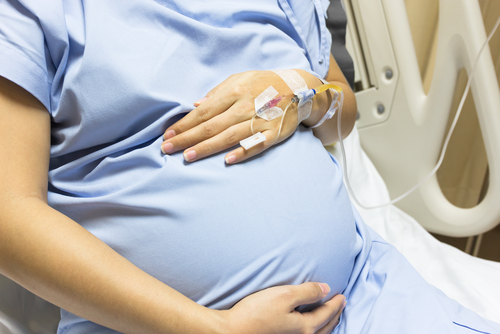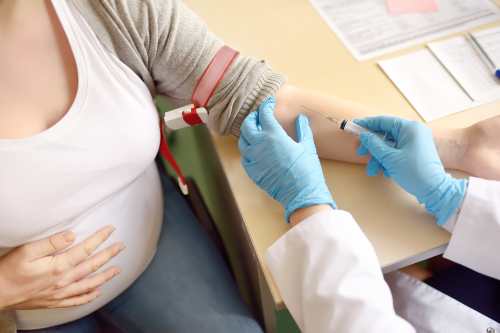
Pre-eclampsia is a serious and dangerous condition pregnant women could face, it’s so severe that it can cause many complications like…
- Fetal growth restriction. – This means the unborn baby is smaller than expected for the gestational age
- Preterm birth. … Pre-term birth is when a baby is born far too early before you are classed as full-term at 37 weeks although most women can carry until 42 weeks.
- Placental abruption. … The placenta is an organ that develops in the uterus during pregnancy. Placental abruption occurs when the placenta separates from the inner wall of the uterus before birth.
- HELLP syndrome. … “HELLP syndrome stands for (Hemolysis, Elevated Liver enzymes, and Low Platelets) which is a life-threatening condition for the baby.
- Cardiovascular disease – Cardiovascular disease (CVD) is a general term for conditions affecting the heart or blood vessels.
and many other complications, if you have pre-eclampsia you will experience severe headaches, changes in vision (including loss of vision or blurred vision), upper abdominal pain, and nausea or vomiting, pre-eclampsia usually get picked up between week 20 and 35 in pregnancy, but now a simple blood test can now be done to spot pre-eclampsia earlier in pregnancy!
PLGF is a protein that helps the development of new blood vessels in the placenta severely low levels could be an indicator that the placenta is not developing properly.

image credits: Maria Sbytova
Jeanette Kusel, from NICE, said: “These tests represent a step-change in the management and treatment of pre-eclampsia.
“This is extremely valuable to doctors and expectant mothers as now they can have increased confidence in their treatment plans and prepare for a safe birth.”
Tina Prendeville from Tommy’s, a charity funding research into miscarriage, stillbirth, and premature birth, said: “Tens of thousands of women have already been helped as this testing has been used across the country. With three-quarters of maternity units now using it, NICE’s consultation is very welcome.”
banner and image credits: mikumistock